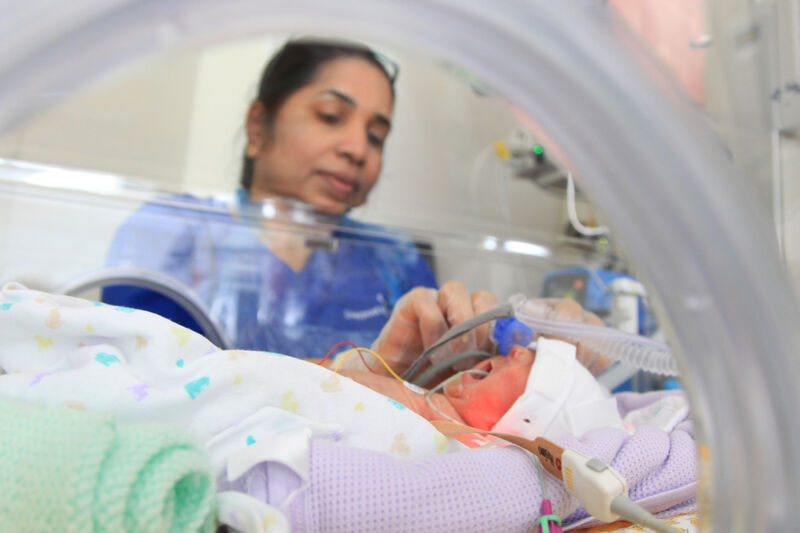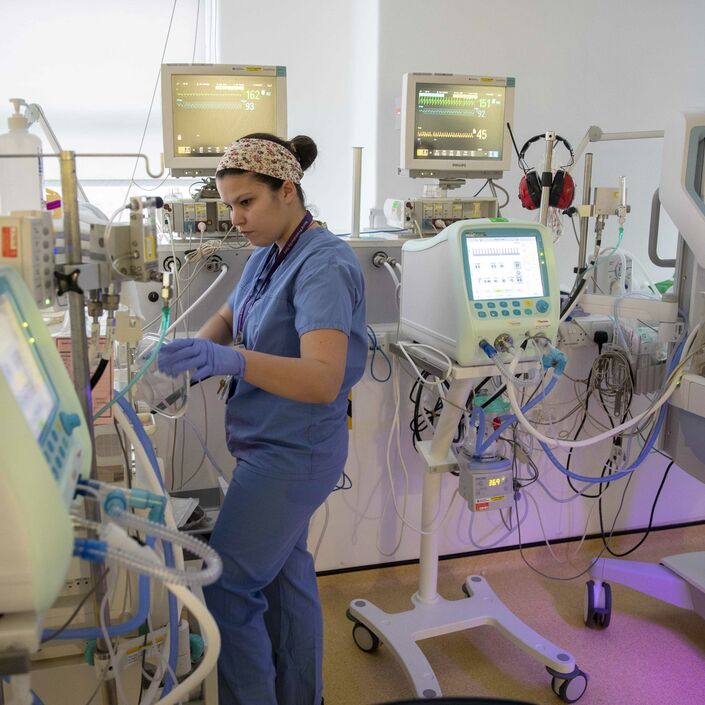Caroline Lee-Davey, Chief Executive of Bliss, said: "For babies born premature or sick to have the best chance of survival and quality of life it is essential that neonatal services need to be staffed appropriately – both in numbers of staff per baby and in the skills mix on the neonatal unit. Despite the wealth of evidence that the safety of services relies on there being adequate numbers of appropriately trained staff, neonatal services remain chronically understaffed across all specialties.
Bliss’ research from 2019 shows the significant impact of understaffing on neonatal staff, with 87 per cent of staff saying that understaffing negatively affects their mental health and wellbeing. This in turn risks compounding the problem, with high levels of burnout potentially driving more staff to leave the profession. Neonatal nurses and doctors are going above and beyond every day caring for vulnerable babies and this understaffing simply cannot go on.
The most recent National Neonatal Audit Programme (NNAP) report showed that at least 20 per cent of shifts still do not meet the minimum standard for number of nurses, and less than half have the required number of staff qualified in specialty.
While the Neonatal Critical Care Review Implementation has been backed by funding to develop the nursing workforce there is far less resource committed to developing the Allied Health Professional workforce, and no clear plan at all to address medical staffing gaps.
We are also concerned to see the ongoing issues in maternity care raised in the HSCC reports, particularly given recent findings from the Ockenden report, and others, which have highlighted the impact of maternity staffing on the safety and outcomes of both mothers and babies.
It is imperative that the Government acts on the findings and recommendations made by this and other reports, and that commitments are backed by appropriate funding."

